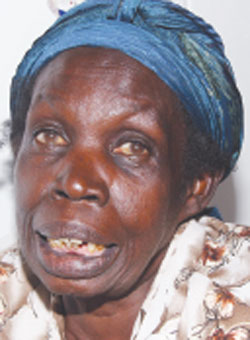By Dann Okoth
Today, beyond the safe zone of theoretical economics that drives Kenya’s monetary policy, millions are hurting, unable to buy even the barest of necessities. Rose Wango: Prices of unga have doubled

Popular this week